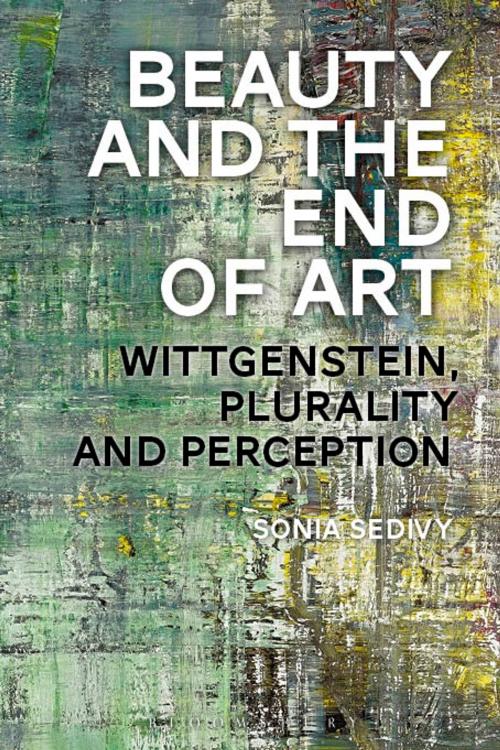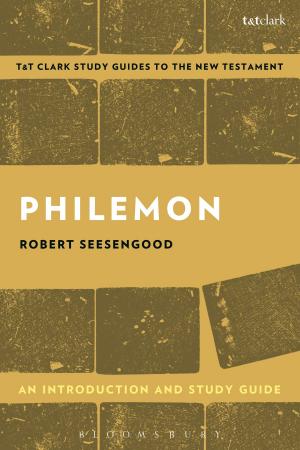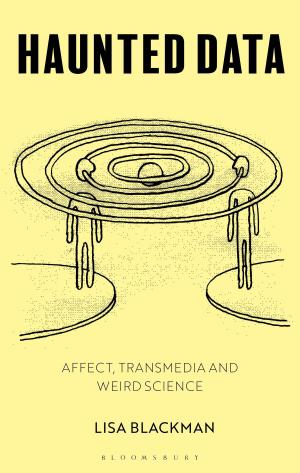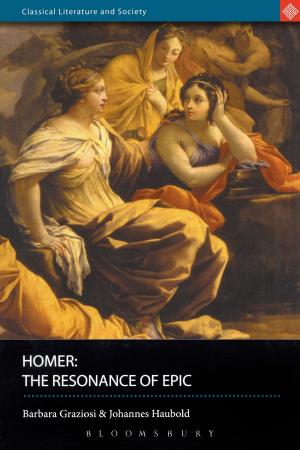Beauty and the End of Art
Wittgenstein, Plurality and Perception
Nonfiction, Religion & Spirituality, Philosophy, Aesthetics| Author: | Sonia Sedivy | ISBN: | 9781474255769 |
| Publisher: | Bloomsbury Publishing | Publication: | April 21, 2016 |
| Imprint: | Bloomsbury Academic | Language: | English |
| Author: | Sonia Sedivy |
| ISBN: | 9781474255769 |
| Publisher: | Bloomsbury Publishing |
| Publication: | April 21, 2016 |
| Imprint: | Bloomsbury Academic |
| Language: | English |
Beauty and the End of Art shows how a resurgence of interest in beauty and a sense of ending in Western art are challenging us to rethink art, beauty and their relationship. By arguing that Wittgenstein's later work and contemporary theory of perception offer just what we need for a unified approach to art and beauty, Sonia Sedivy provides new answers to these contemporary challenges. These new accounts also provide support for the Wittgensteinian realism and theory of perception that make them possible.
Wittgenstein's subtle form of realism explains artworks in terms of norm governed practices that have their own varied constitutive norms and values. Wittgensteinian realism also suggests that diverse beauties become available and compelling in different cultural eras and bring a shared 'higher-order' value into view. With this framework in place, Sedivy argues that perception is a form of engagement with the world that draws on our conceptual capacities. This approach explains how perceptual experience and the perceptible presence of the world are of value, helping to account for the diversity of beauties that are available in different historical contexts and why the many faces of beauty allow us to experience the value of the world's perceptible presence.
Carefully examining contemporary debates about art, aesthetics and perception, Beauty and the End of Art presents an original approach. Insights from such diverse thinkers as Immanuel Kant, Hans-Georg Gadamer and Arthur Danto, Alexander Nehamas, Elaine Scarry and Dave Hickey are woven together to reveal how they make good sense if we bring contemporary theory of perception and Wittgensteinian realism into the conversation.
Beauty and the End of Art shows how a resurgence of interest in beauty and a sense of ending in Western art are challenging us to rethink art, beauty and their relationship. By arguing that Wittgenstein's later work and contemporary theory of perception offer just what we need for a unified approach to art and beauty, Sonia Sedivy provides new answers to these contemporary challenges. These new accounts also provide support for the Wittgensteinian realism and theory of perception that make them possible.
Wittgenstein's subtle form of realism explains artworks in terms of norm governed practices that have their own varied constitutive norms and values. Wittgensteinian realism also suggests that diverse beauties become available and compelling in different cultural eras and bring a shared 'higher-order' value into view. With this framework in place, Sedivy argues that perception is a form of engagement with the world that draws on our conceptual capacities. This approach explains how perceptual experience and the perceptible presence of the world are of value, helping to account for the diversity of beauties that are available in different historical contexts and why the many faces of beauty allow us to experience the value of the world's perceptible presence.
Carefully examining contemporary debates about art, aesthetics and perception, Beauty and the End of Art presents an original approach. Insights from such diverse thinkers as Immanuel Kant, Hans-Georg Gadamer and Arthur Danto, Alexander Nehamas, Elaine Scarry and Dave Hickey are woven together to reveal how they make good sense if we bring contemporary theory of perception and Wittgensteinian realism into the conversation.















